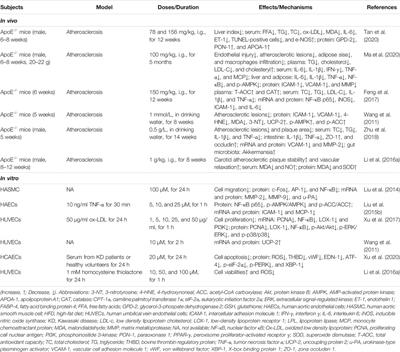does berberine make your poop yellow
best time of day to take berberine
does berberine make your poop yellow
berberine
1. The Benefits of Berberine
2. Berberine for Heart Health
3. Berberine for Blood Sugar Control
4. Berberine for Digestive Health
5. Berberine for Weight Loss
6. Berberine for Brain Health
7. Berberine for Skin Health
8. Berberine for Cancer
9. Berberine for Immunity
10. Berberine for Inflammation
berberine benefits
1. Berberine is a compound found in a variety of plants, including goldenseal, Oregon grape, barberry, and tree turmeric.
2. Berberine has a long history of use in traditional Chinese and Ayurvedic medicine.
3. Berberine has been shown to be effective in the treatment of a variety of conditions, including bacterial infections, diabetes, and high cholesterol.
4. Berberine has powerful antibacterial, antifungal, and anti-inflammatory properties.
5. Berberine has been shown to be as effective as some prescription antibiotics in the treatment of bacterial infections.
6. Berberine has been shown to be effective in the treatment of diabetes by lowering blood sugar levels.
7. Berberine has been shown to be effective in the treatment of high cholesterol by lowering LDL cholesterol and increasing HDL cholesterol.
8. Berberine has been shown to have anti-cancer properties.
berberine side effects
1. Berberine is a quaternary ammonium salt derived from the rhizomes of several plants, including Coptis chinensis and Coptis teeta.
2. It has a long history of use in traditional Chinese medicine, where it is used to treat a wide variety of ailments, including diarrhea, hypertension, and diabetes.
3. Berberine has shown promise in the treatment of diabetes, with one study finding that it was more effective than metformin in lowering blood sugar levels.
4. It has also been shown to lower cholesterol and triglyceride levels in the blood, as well as improve insulin sensitivity.
5. Berberine is thought to work by activating AMPK, an enzyme that plays a role in regulating metabolism.
6. A review of studies found that berberine was effective in treating a variety of gastrointestinal disorders, including diarrhea, constipation, and irritable bowel syndrome.
Does berberine cause hair loss?
Berberine Lowers Testosterone Elevated testosterone leads to the acne, head hair loss, chin and upper lip hair growth that women despise.
Can you take berberine with a fatty liver?
Conclusion. According to analysis result, berberine has positive efficacy on blood lipids, blood glucose, liver function, insulin resistance, and fatty liver condition of NAFLD patients. Jul 3, 2016
How many mg of berberine should I take daily?
Dosage and recommendations Most berberine supplements contain 500 mg per capsule, and supplement labels often recommend taking berberine 3 times per day before meals (12). This equates to taking a total of 1,500 mg daily. Mar 25, 2021
Does berberine affect hormones?
Also, our results showed that the administration of berberine caused a significant rise in FSH, and progesterone levels and a significant decrease in the levels of LH, estrogen, and testosterone.
Does berberine increase serotonin?
Berberine (5 mg/kg, i.p.) following its acute administration in mice resulted in increased levels of norepinephrine (31%), serotonin (47%) and dopamine (31%) in the whole brain. Jul 28, 2008
